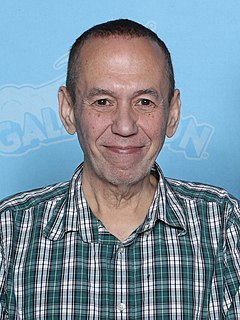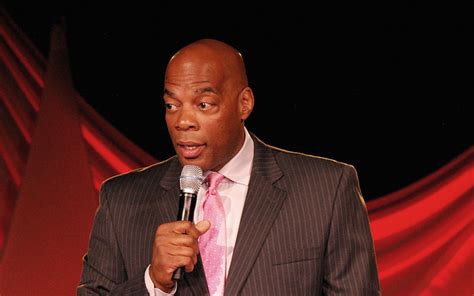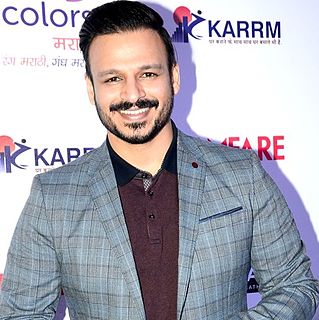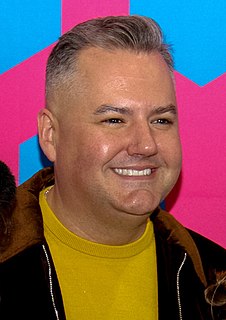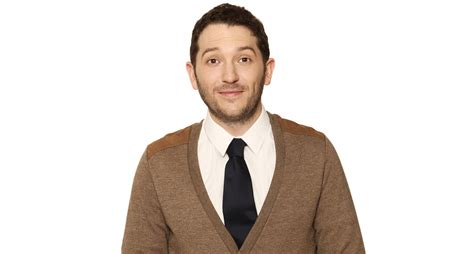A Quote by Seth Rogen
I have become a giant fan of the testing process, especially with a comedy. I mean, they tell you what's funny. It's almost tailor-made for people who shoot the way we shoot, trying a million different options and versions of things. Because the audience doesn't laugh at a joke, we put in another joke. If they don't laugh at the next joke, we put in another joke. You just keep doing them and you can get the movie to the point where every joke is funny, if you have enough options in the can.
Related Quotes
If a comedian tells a joke that you find funny, you laugh. If he tells a joke you do not find funny, don't laugh. Or you could possibly go as far as groaning or rolling your eyes. Then you wait for his next joke; if that's funny, then you laugh. If it's not, you don't laugh - or at very worst, you can leave quietly.
If a comedian tells a joke that you find funny, you laugh. If he tells a joke you do not find funny, dont laugh. Or you could possibly go as far as groaning or rolling your eyes. Then you wait for his next joke; if thats funny, then you laugh. If its not, you dont laugh - or at very worst, you can leave quietly.
There's different kinds of improv. There's Second City improv where you try to slowly build a nice sketch. There's stuff you do in college coffee houses where you just go joke, joke, joke. Bring another funny character with a funny hat on his head. Christopher Guest is more the line of trying to get a story out.
I keep on repeating something told to me by an American psychologist: "When you are making a joke about someone and you are the only one to laugh, it is not a joke. It is a joke only for yourself." If people are making a joke they have the right to laugh at me but I will ignore them. Ignoring doesn't mean that you don't understand. You understand it so much that you don't want to react.
People try to put ownership on things: 'That's mine, that's my joke.' No such thing. Like if you tripped or stumbled and people go, 'Oh, that's Charlie Chaplin.' You know what I mean? You can't own a joke. You can be the guy that tells it the best, but you can't own a joke. Nowhere can you own a laugh.
When I was working with Barry Sonnenfeld, I'd watch him set up a shot and talk to him about what he was seeing and what it was to shoot comedy. He told me that a lot of times with comedy, it's not just about getting the joke, but getting a reaction to the joke. That's the laugh - it's somebody's else's reaction to the joke.
All my cuts are always about three hours, at the start, mainly because any scene in the movie that's 90 seconds, I probably shot a five-minute version of. If you just extrapolate that through the whole movie, I have a very long version of every scene, usually because, if there's one funny joke, I'll shoot five because I don't know if the one I like is going to work. I'll get back-ups because my biggest fear is to be in previews, testing the movie, and a joke doesn't work, but I have no way to fix it because I have no other line.

